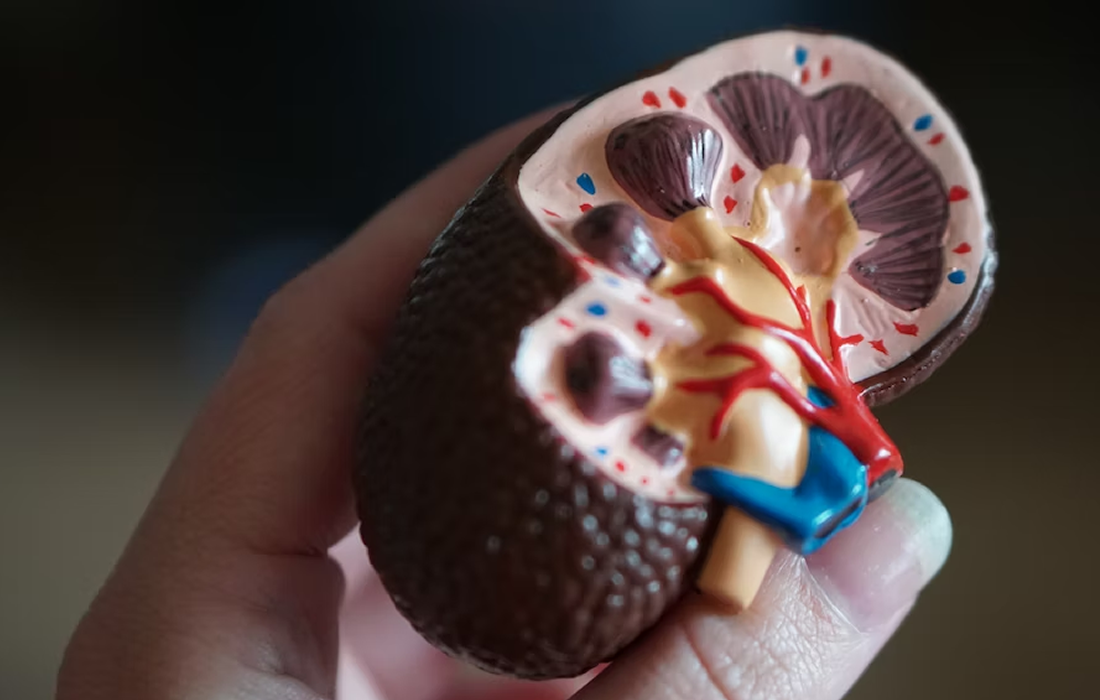More often, people are turning to consumer wearable devices, such as smartwatches, to monitor their health and physical activity. Using these wearable devices, a study led by Michigan Medicine and the University of Missouri with Saint Luke’s Mid America Heart Institute finds that taking more daily steps is associated improved health, including fewer symptoms and […]
Category Archives: Regenerative Medicine News and General Information
Bandages infused with casein, a protein that occurs naturally in cow’s milk, significantly improved wound healing in rats compared to those in control groups, according to a new study by UCL researchers. The study, published today in Interface, is the first to test casein’s reputed healing benefits on an animal model. The promising results suggest […]
Conventional wisdom holds that storing fat around your belly puts you at increased risk for type 2 diabetes. But surprising new findings from the University of Virginia School of Medicine suggest that naturally occurring variations in our genes can lead some people to store fat at the waist but also protect them from diabetes. The […]
Among nearly 10 million US infants born between 2016 and 2018, breastfed babies were 33% less likely to die during the post-perinatal period (day 7-364) than infants who were not breastfed, reports a new study in the American Journal of Preventive Medicine, published by Elsevier. The findings build on previous US research with smaller datasets, […]
Scientists at Tohoku University have discovered the critical role that lactate plays in helping neural stem cells develop into specialized neurons, a process dubbed neuronal differentiation. They also unearthed a means by which lactate sends signals to the cells, helping modify and strengthen neuronal functions. Details of their study were reported in the Journal of […]
GERD is a common condition, affecting about a third of the U.S. population; the main symptom is heartburn and it is often managed with medications. A new study suggests, however, that following diet and lifestyle guidelines may reduce symptoms substantially and could make medication unnecessary for some patients. The five factors include normal weight, never […]
Researchers from Singapore have identified a potential dietary supplement that may improve recovery following acute kidney injury (AKI). The finding, published in the Journal of Lipid Research, comes from a long-running research programme at Duke-NUS Medical School investigating how cells take up a specialised omega-3 lipid called LPC-DHA. A major public health concern, AKI affects […]
A new study shows that birth-control pills negatively impact women’s stress response. Researchers have studied the stress response of 131 young women when having a blood sample taken. Some of the women were on birth-control pills, while others were not. The researchers specifically measured the levels of the stress hormone ACTH in the women’s blood. […]
A research group has now shown that the disease can be detected before symptoms appear, using a spinal fluid test. Lewy body disease is an umbrella term for Parkinson’s disease and Lewy body dementia, it is the second most common neurodegenerative disease after Alzheimer’s disease. When movement difficulties are more dominant, the disease is called […]
UK researchers have found that people with longer-term COVID-19 symptoms including brain fog showed reduced performance in tasks testing different mental processes up to two years after infection with the virus. Researchers from King’s College London looked at whether infection with COVID-19 affected performance in two rounds of online cognitive testing that took place in […]










